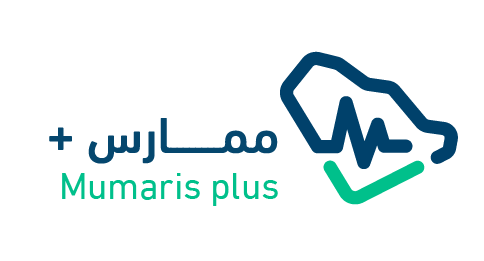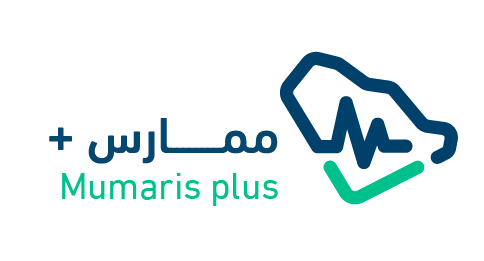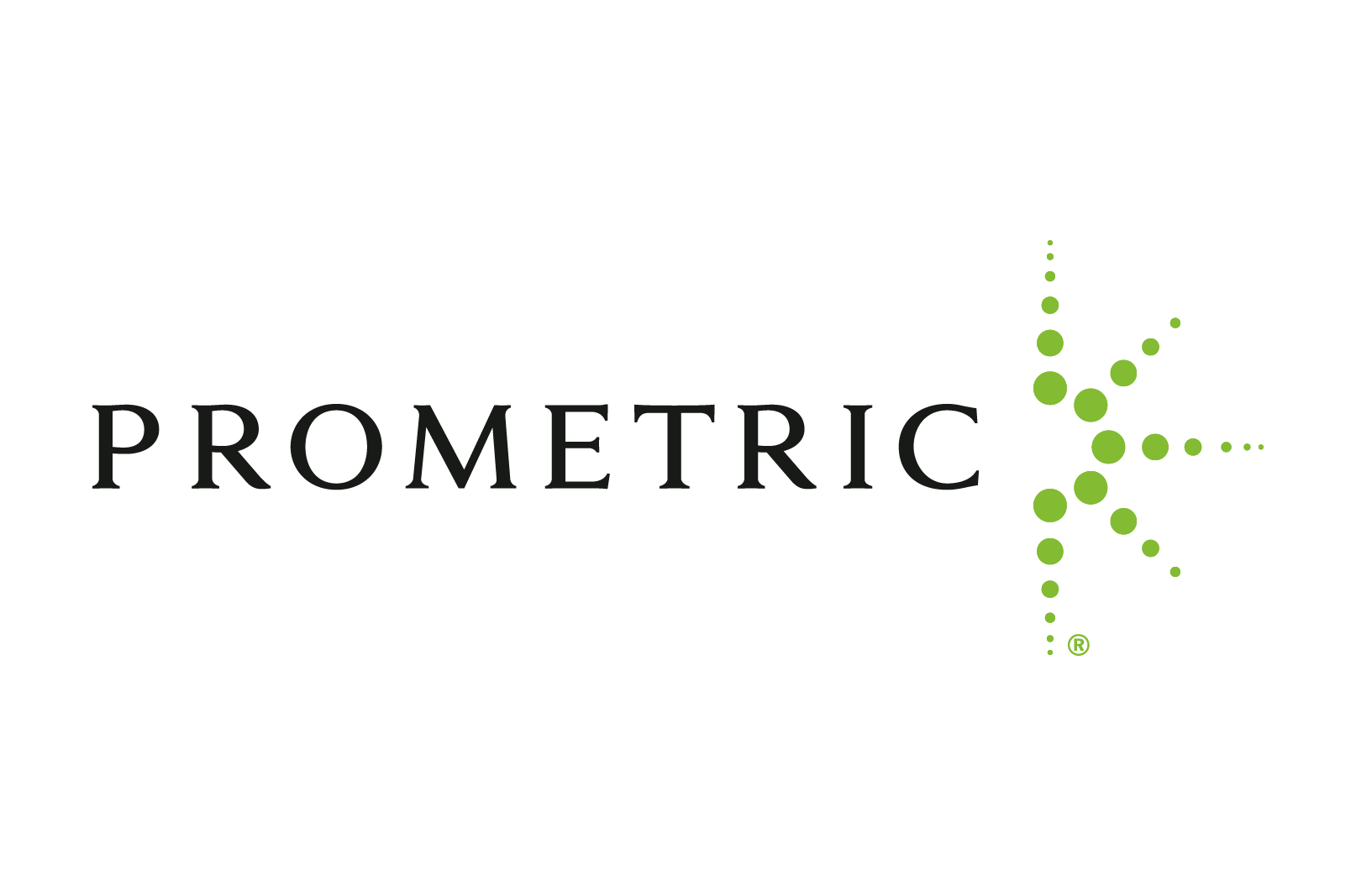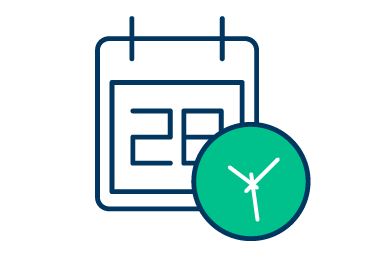Help us develop our services
How satisfied are you with the services provided on the portal of the Saudi Commission for Health Specialties?
About Mumaris Plus
Mumaris Plus is the unified portal for the services of the Saudi Commission for Health Specialties (SCFHS) for health practitioners in the Kingdom of Saudi Arabia. Through the Mumaris Plus portal,
practitioners can apply for all of the following services: You can apply and view the requirements and fees by clicking on the service

Professional Classification and Registration Requirements
The SCFHS has set several criteria in which accuracy and objectivity in evaluating the previous(training) and subsequent(experience)professional experience were considered, for obtaining certificates and vocational training, and for professionally evaluating the capabilities of their holders and classifying them accordingly
would you like to receive help accessing professional classification and registration requirements?
Specializations Description
It is a brief indicative description that helps in defining the minimum requirements and basic competencies required for the purposes of professional classification and registration in order to clarify SCFHS's services to all beneficiary categories.
Specialization Description Cards will be reviewed periodically to ensure that they are updated according to global and local changes in the health field, and we are pleased to receive the contributions of specialists in this review through submitting feedback or participating in the periodic review workshops through this link
* Subject to terms and conditions
A specialty that uses molecular tracking tools (usually labelled with radioactive atoms) for diagnosis and treatment. Such tracking tools are usually used for producing images that provide for information about the organ function, in addition to the cell function on the molecular level (molecular imaging). The most common medical applications for nuclear medicine include early diagnosis of coronary heart disease, diagnosis of cancer, determining the disease stages and assessment of the effect of cancer treatment.
Theoretical, practical, and procedural knowledge of the following:
- All types of nuclear radiological imaging and correlating them to clinical aspects and understanding all the related sciences.
- Essential skills in the specialty including risk assessment for different age groups and cases.
- Making a differential diagnosis for each case and knowing its most appropriate radiological option
- Management of patients inside the imaging suite and how to manage urgent unexpected cases such as CPR and others.
- Writing medical reports in a clear understandable manner, so that the medical decision can be taken according to the same.
- Assessment of the patient’s need for radiology and contrasts and their methods of use and injection.
Obtaining, after Bachelor of Medicine and surgery, a qualification or a clinical training program specialized for physicians that is not less than 24 months. It should also fulfill the minimum acceptable limit of practicing the specialty according to the standards and regulations of the commission at the time of submitting the professional registration application.
Microbiology is a branch of medical sciences concerned with prevention, diagnosis and treatment of infectious diseases. This scientific field studies different clinical applications of microorganisms to improve health.
Theoretical, practical, and procedural knowledge of the following:
- Diagnosis and assessment including reviews and instructions of any diseases that require dealing with medical microorganisms.
- Biology, disease etiology and main symptoms.
- Proper methods for collecting, handling, and transporting clinical samples, especially high-risk samples.
- Health and safety requirements of microbiology laboratories.
- Reading the laboratory diagnosis of bacterial diseases using conventional, semi-automatic and automatic methods. This includes preparing media and antibiotics studies.
- All main new technologies that are available in microbiology, based on DNA technologies (for example, PCR), monoclonal antibodies, knowing the technology, integrating laboratory technologies and choosing the appropriate method to reach a clinical diagnosis.
- Local infection control methods, including the spread of infection, its management in the hospital and the community health along with understanding the principles of patient isolation and applying them.
Obtaining, after Bachelor of Medicine and surgery, a qualification or a clinical training program specialized for physicians that is not less than 24 months. It should also fulfill the minimum acceptable limit of practicing the specialty according to the standards and regulations of the commission at the time of submitting the professional registration application.
A specialty concerned with blood transfusion and all aspects of collection, testing, preparation, storage and prescreening transfusion. This includes posttransfusion follow-up, indications for injection and infusion, and the safety of its components
non-human and synthetic products and alternatives that involve DNA technology.
Theoretical, practical, and procedural knowledge of the following:
- Diagnosis and therapeutic aspects including reviews and instructions of immunohematology and blood storage.
- Related histocompatibility, molecular biology and biotechnology.
- Indications and complications related to using blood products.
- Management of the medical laboratory and blood center including quality, safety and regulatory aspects.
- Ensure the appropriate use of blood, ensure adequate supply and supervise the provision of a safe and effective blood supply.
Supervise the blood bank and provide human cells and tissues therapeutic products for the purposes of organ transplantation.
Obtaining, after bachelor of medicine and surgery, a qualification or a clinical training program specialized for physicians that is not less than 24 months. It should also fulfill the minimum acceptable limit of practicing the specialty according to the standards and regulations of the commission at the time of submitting the professional registration application.
A specialty concerned with diagnostic radiology and its use in diagnosis and treatment of diseases that involve the human body. It relies on multiple different technologies in radiological imaging and is not only limited to imaging but also includes different medical and surgical interventions.
Theoretical, practical, and procedural knowledge of the following:
- All types of radiological imaging and correlating them to the clinical aspects and understanding all the related sciences.
- Necessary skills in the specialty, including assessment of risks for different age groups and cases.
- Making differential diagnosis for each case and knowing its most appropriate radiological option.
- Management of patients inside the imaging suite, including how to manage urgent unexpected cases such as CPR and others.
- Writing medical reports in a clear understandable manner, so that the medical decision can be taken according to the same. Moreover, to know how to verbally convey the same in emergency cases to contribute to life saving.
Assessment of the patient’s need for radiology and contrasts and their methods of use and injection.
Obtaining, after bachelor of medicine and surgery, a qualification or a clinical training program specialized for physicians that is not less than 24 months. It should also fulfill the minimum acceptable limit of practicing the specialty according to the standards and regulations of the commission at the time of submitting the professional registration application.
Anatomic Pathology is the study of organs, tissues and cells in physiological and pathological cases. Further, it includes the study of the body and its anatomy, diagnosis and histological reading of tissues, cancer cells and identifying the stages of cancer cases
Theoretical, practical, and procedural knowledge of the following:
- Diagnosis and assessment including reviews and instructions of any diseases that require diagnosis through histological reading.
- Acquaintance of methods of surgical samples collection.
- Skills in dealing with the microscope to read the histological tissues in diseases that require surgical intervention.
- Principles of tissue fixation and processing and performing special and common pigments.
- Basic skills in clinical, radiological and other laboratory data integration, in order to provide the best diagnosis according to reading of histological tissues.
Advising and recommending to perform additional medical investigations or procedures that help reach the appropriate treatment.
Obtaining, after bachelor of medicine and surgery, a qualification or a clinical training program specialized for physicians that is not less than 24 months. It should also fulfill the minimum acceptable limit of practicing the specialty according to the standards and regulations of the commission at the time of submitting the professional registration application.
A specialty concerned with clinical and laboratory examination, diagnosis and medical care of diseases of blood and blood forming tissues.
Theoretical, practical, and procedural knowledge of the following:
- Diagnosis and assessment including reviews and instructions of any diseases that are related to tissued forming the blood.
- Determining the difference between physiological and pathological cases related to hematological and lymphatic systems.
- Diagnosis and providing healthcare in hematological disorders/ tumors.
- Pathophysiology and diagnosis of incurable hematological tumors of pediatrics and adolescents.
- Providing the appropriate methods of diagnosis and treatment of a person with iron related disorders.
- Indications and complications related to using blood products.
Basic skills in clinical, radiological and other laboratory data integration, in order to provide the best diagnosis according to reading of blood tests results.
Obtaining, after bachelor of medicine and surgery, a qualification or a clinical training program specialized for physicians that is not less than 24 months. It should also fulfill the minimum acceptable limit of practicing the specialty according to the standards and regulations of the commission at the time of submitting the professional registration application.
A specialty concerned with primary and secondary, central and peripheral and musculoskeletal neuropathology.
Theoretical, practical, and procedural knowledge of the following:
- Full knowledge of all theoretical sciences of neuropathology specialty.
- Knowing diagnostic options of neurological diseases, tumors, inflammatory disorders, and neurological pains and acquaintance of all their aspects through reading their histology.
- Acquaintance of neuropathology sciences, its aspects, methods of samples collection, skills in dealing with the microscope, tissue fixation and processing and performing pigments.
- All drugs that affect the nervous system, drugs that contradict them, their interactions in the body, and the symptoms that result from some of them.
- Radiological diagnostic options and laboratory investigations related to neurological diseases and considering the neural tissues to study dementia and investigating hereditary cases.
- Combining clinical, radiological and laboratory cases to provide the best diagnosis according to the results of neural histological reading.
Obtaining, after bachelor of medicine and surgery, a qualification or a clinical training program specialized for physicians that is not less than 24 months. It should also fulfill the minimum acceptable limit of practicing the specialty according to the standards and regulations of the commission at the time of submitting the professional registration application.
A specialty that focuses on determining the cause of death through dead body examination. Dissection is performed by a forensic physician who studies all possible causes of death according to the available data. Such cases are usually performed through investigation in cases of criminal and civil laws.
Theoretical, practical, and procedural knowledge of the following:
- All theoretical sciences of forensic medicine and acquaintance of the same.
- Criminal and legal sciences of such specialty.
- Skill of investigating deaths and everything related to them, including determining the time, hour and causes of death.
- Necessary skills to practice the specialty, including toxicology and psychiatric sciences such as violence and suicide.
- Surgical skills and interventions that are required for the practice of forensic medicine.
- Making follow-up plans for cases and involving the necessary competent authorities and their medical needs.
Obtaining, after bachelor of medicine and surgery, a qualification or a clinical training program specialized for physicians that is not less than 24 months. It should also fulfill the minimum acceptable limit of practicing the specialty according to the standards and regulations of the commission at the time of submitting the professional registration application.
A specialty concerned with dealing with diagnosis, treatment and prevention of diseases and injuries that are related to work.
Theoretical, practical, and procedural knowledge of the following:
- Health assessment of personnel, which includes their physical and psychological health status.
- Periodic medical monitoring of personnel in case there is a possibility that an employee has been exposed to adverse health effects in the workplace.
- Infection prevention and control in the workplace, including vaccinations and personal protective equipment.
- Ability to diagnose, assess and make a complete treatment plan, including reviews and instructions of any diseases and injuries related to work or work environment.
- Scope of environmental pollution, toxins and radiation control and promoting the work environment.
- Assessment of disability and absence from work and return to work after a disease or an injury.
- Making plans and being prepared for emergency cases at work.
- Travel medicine and prevention of diseases and injuries on travelling.
Obtaining, after bachelor of medicine and surgery, a qualification or a clinical training program specialized for physicians that is not less than 24 months. It should also fulfill the minimum acceptable limit of practicing the specialty according to the standards and regulations of the commission at the time of submitting the professional registration application.
A specialty that combines knowledge and skills related to the population health and those related to clinical practice. This includes the skills that are essential for facing challenges that affect the population health, including promoting, protecting and maintaining health. This is in addition to morbidity, disabilities and mortality prevention and control of chronic diseases.
Theoretical, practical, and procedural knowledge of the following:
- Basic knowledge of preventive medicine, in addition to the necessary skills to apply such knowledge on a wide group of population health issues in social, economic, political and environmental aspects where they take place.
- Assessment of population health determinants, which includes income, environment, sex, education, social support systems, healthy behaviors and obtaining healthcare.
- Integration of health determinants into research methodologies, data presentations, and analytics, as well as developing strategies that improve population health.
- Providing preventive care and promoting health for all community individuals, including vaccinations, early tests to recognize diseases before their appearance, in addition to smoking cessation, premarital tests and travel medicine.
- Describing normal history, epidemiology, risk factors, health and economic burdens that are related to infectious and non-infectious diseases and injuries.
- Scope of infection control and applying it on procedures and policies to reduce risks and prevent the spread of epidemics.
- Scope of environmental pollution control and applying it on procedures and policies to reduce risks and maintain the community health.
- Designing, implementing and assessing comprehensive monitoring and survey systems related to community health.
Obtaining, after bachelor of medicine and surgery, a qualification or a clinical training program specialized for physicians that is not less than 24 months. It should also fulfill the minimum acceptable limit of practicing the specialty according to the standards and regulations of the commission at the time of submitting the professional registration application.
Certificate Verification
The process of verifying the authenticity of certificates for all health practitioners holding certificates from outside the Kingdom of Saudi Arabia, by contacting the certificate-issuing body by DataFlow, the international and specialized company. This aims to found a safe health practice that is not flawed by any forgery or falsification or the like, which is considered to be one of the basic criteria for the accreditation of hospitals and health facilities by local and international bodies to have practitioners who are capable of practicing the health profession efficiently and in a safe manner
Continuing Professional Development
Continuing Professional Development enhances the concept of lifelong learning commitment and enabling the practitioner to be responsible for their professional and ethical development towards their career.
Calendar of professional development activities
Exams
Postgraduate Program Exams in SCFHS aim to assess the level of practitioners and develop them to ensure that they can practice their specialty efficiently and competently.

Mumaris e-Services
Rules and Regulations
Frequently Asked Questions
Check Frequently Asked Questions About Practitioner





